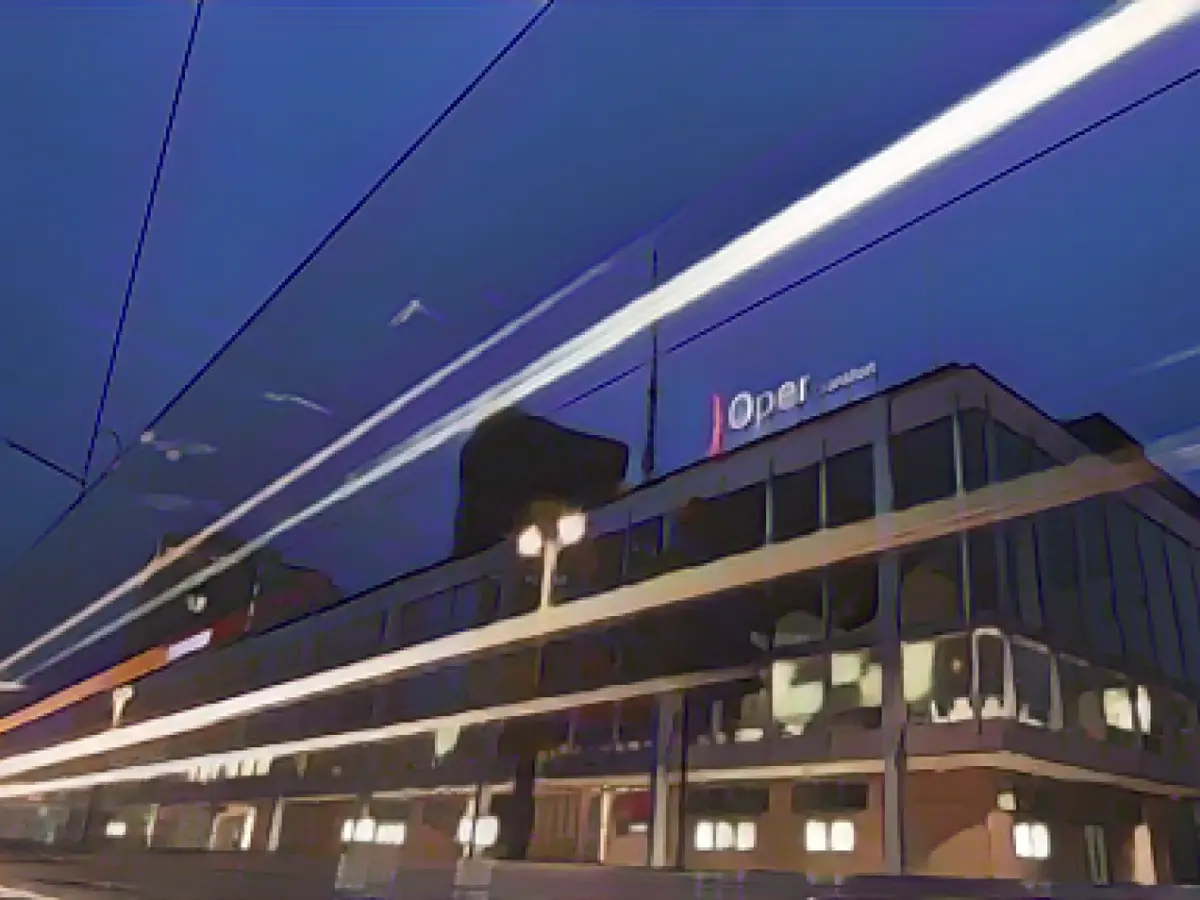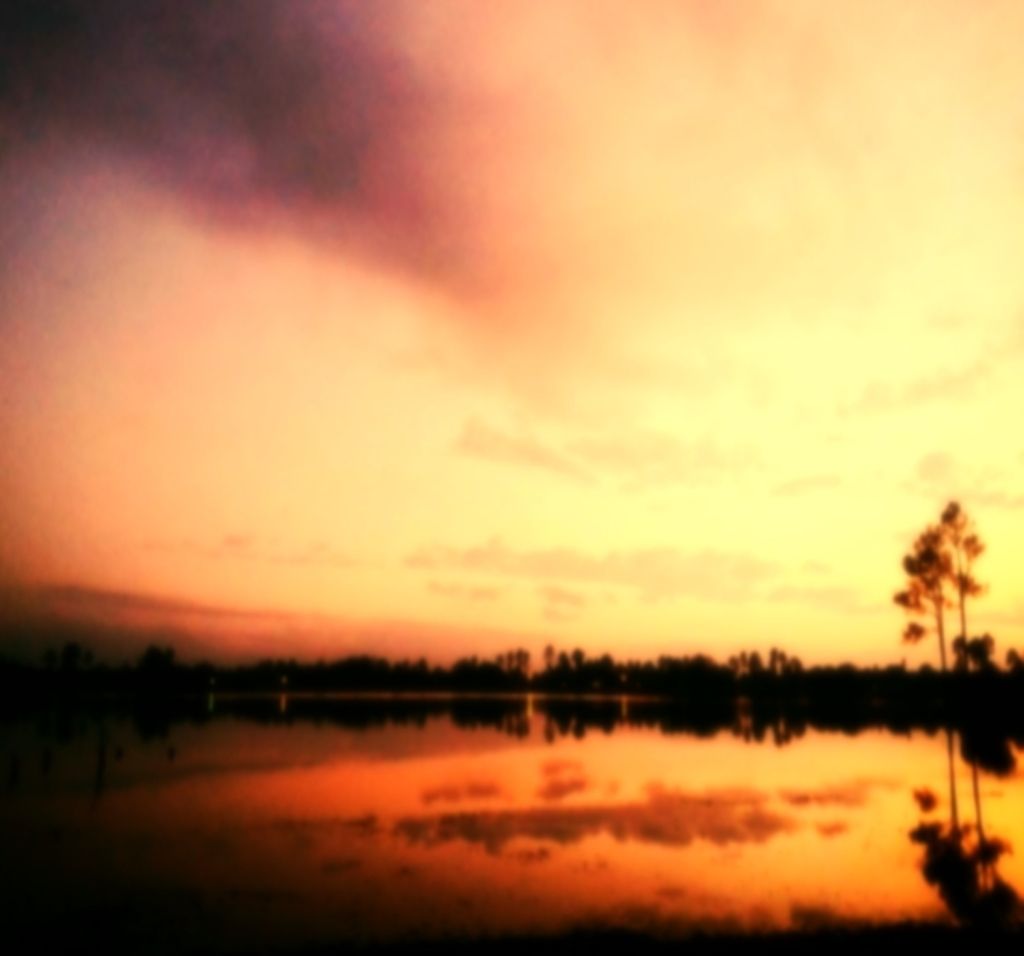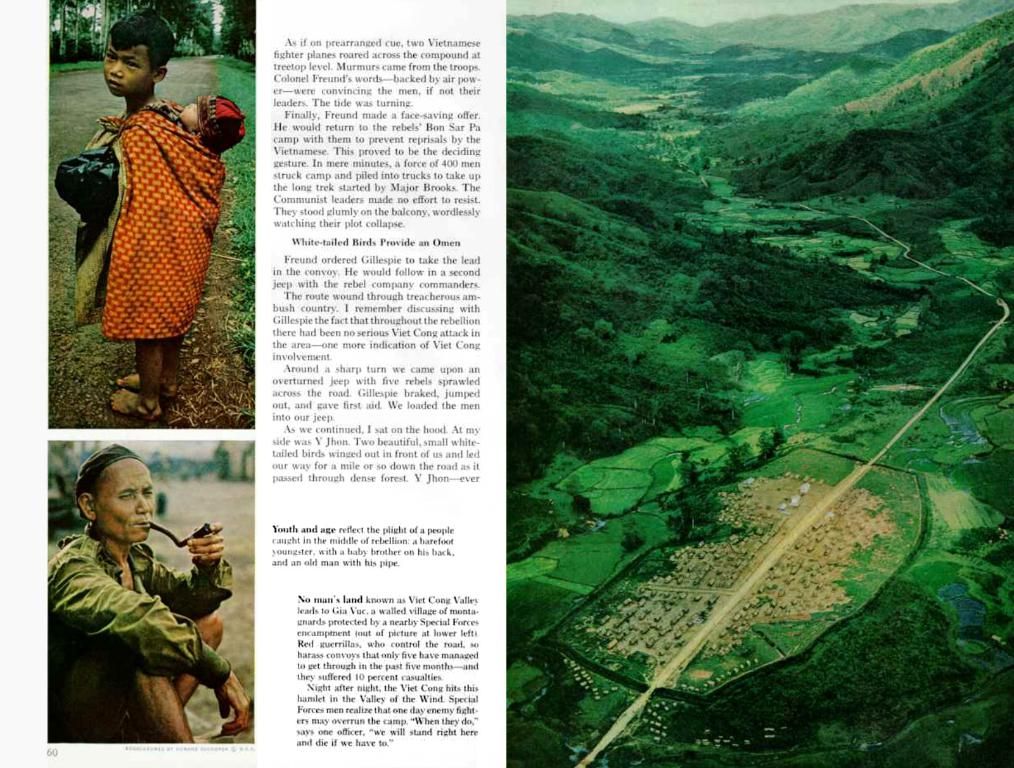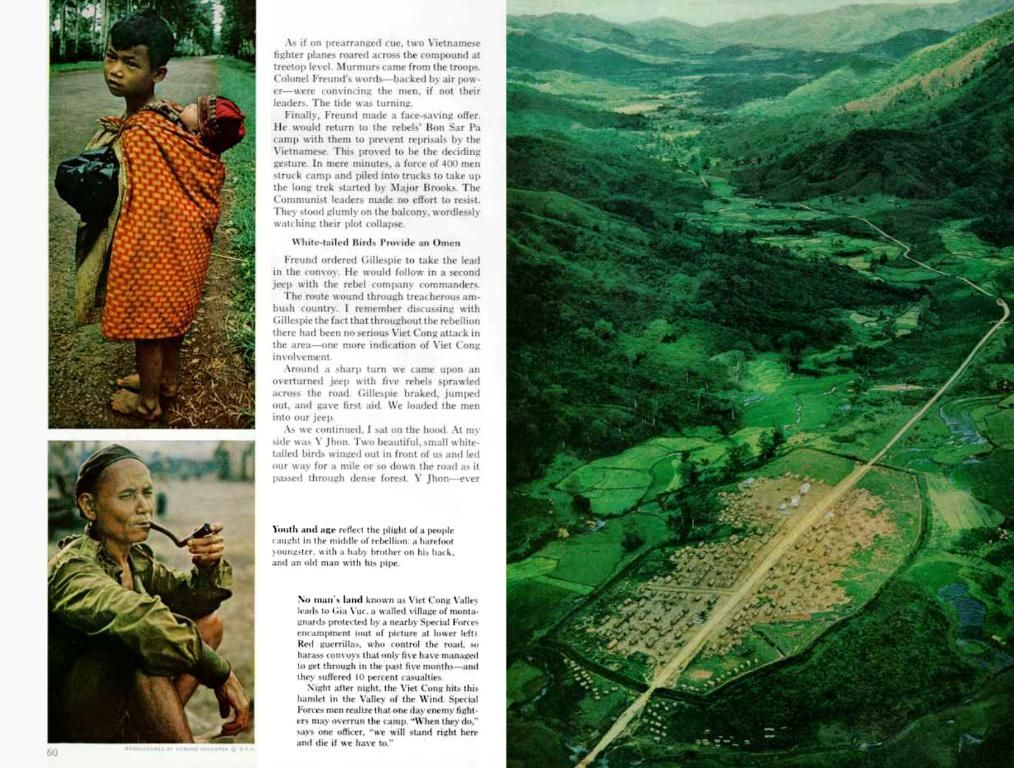Exploring Frankfurt's Cultural Offerings: A Global Attraction
Frankfurt's vibrant cultural scene has found a loyal fanbase, with a whopping 38% of visitors hailing from the city itself, and 32% originating from Hesse. Surprisingly, 23% of the visitors come from within Germany, while a notable 7% make their way from overseas. A recent survey of 4,845 attendees revealed that Frankfurt's cultural attractions extend far beyond the confines of its local community.
The popular Stadttheater Frankfurt and its diverse productions have become a magnet for people from both nearby municipalities and far-off lands. The Kulturforum Frankfurt, home to esteemed museums like the Städel Museum, the Museum of Modern Art, and the German Film Museum, is another drawcard that has garnered a global following.
Frankfurt's cultural scene extends beyond the Opera House to include various local theaters and independent stages, offering a rich tapestry of performances that cater to diverse tastes and interests. In fact, over half of the visitors to these off-stage venues were local Frankfurt residents.
This international popularity of Frankfurt's cultural offerings has significant implications for the city's funding requests. With the planned construction of a new opera and theater building expected to cost an estimated 1.3 billion euros, Frankfurt seeks support from Wiesbaden and Berlin to cover these expenses.
Data Analysis
The survey explored various aspects of the visitors, such as age, education, and satisfaction. The results showed a bimodal distribution of visitor ages, with two peaks at 25 to 34 years and 54 to 67 years, with just 4.4% of visitors being under 18. Female visitors accounted for nearly 60% of those surveyed, and a staggering 54% of respondents held a university degree.
Impact on Cultural Development Planning
Frankfurt's cultural institutions have become a priceless asset for the city, attracting visitors from all corners of the world and driving demand for further financial support. Some of the key factors contributing to this international appeal include:
Prestigious Museums
Frankfurt is home to some of the most renowned museums in Germany, such as the Städel Museum, the Museum of Modern Art (MMK), and the German Film Museum, which exhibit an extensive range of art, artifacts, and cinema-related exhibitions.
Grand Opera Houses
The iconic Oper Frankfurt and the historic Alte Oper showcase classical concerts, opera performances, and ballet productions, captivating audiences from around the world.
Cultural Events
The Museumsufer, a cultural hotspot along the Main River, offers a plethora of museums and exhibition venues, creating a lively cultural scene for both locals and international guests. Frankfurt's Literaturhaus also hosts literary events, author readings, and workshops, bolstering the city's reputation as a hub for literature and culture.
World Design Capital 2026
Frankfurt's designation as the World Design Capital 2026 will amplify its cultural appeal, focusing on design as a catalyst for economic, social, and cultural progress.
Efficient Public Transportation
Frankfurt's robust public transportation system makes it simple for visitors to navigate the city and access various cultural institutions.
Modern Airports and Infrastructure
Frankfurt's modern airports and improved infrastructure provide convenient access for international tourists, contributing to the high number of foreign visitors.
These factors have far-reaching implications for Frankfurt's cultural development planning and funding requests:
- Increased funding needs: The high demand for cultural activities may necessitate increased investment in new exhibitions, performances, and infrastructure improvements.
- Diversification of funding sources: Frankfurt should explore various funding opportunities, both regional and international, and capitalize on EU financing programs to support the creative and cultural sectors.
- Enhanced community engagement: Engaging the local community through initiatives that promote active participation in cultural activities, fostering a sense of belonging, and ensuring inclusivity is crucial to maintain the vibrancy of the cultural scene.
- Strategic planning: A forward-thinking approach to cultural development planning, taking into account the long-term implications of becoming a World Design Capital, is essential to ensure the continued success of Frankfurt's cultural institutions.
In conclusion, Frankfurt's international popularity as a cultural destination highlights the city's need for relevant funding and strategic planning to meet the growing demand for its diverse range of cultural offerings.








